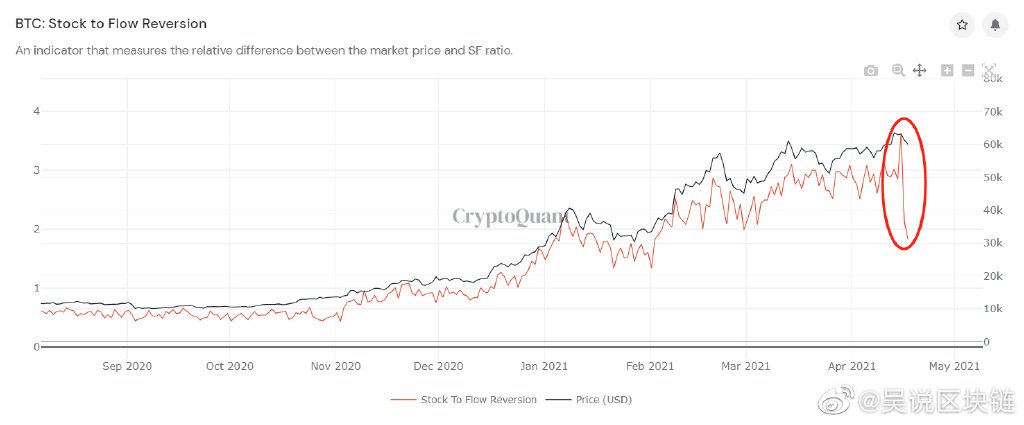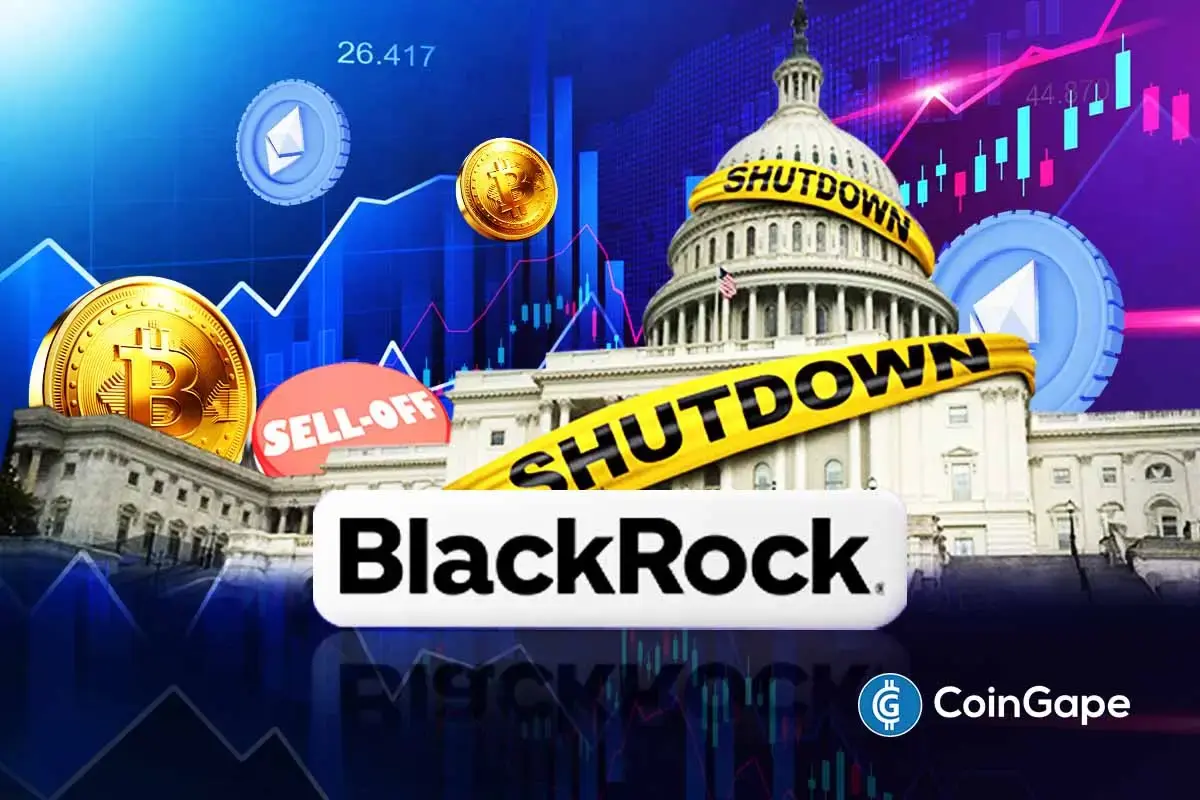China’s Xinjiang Blackout and Bitcoin Hashrate Correction Caused BTC Price Crash

It’s no less than a major bloodbath in the crypto market as the Bitcoin (BTC) price is down 8.5% tanking below $57,000 levels. At press time, BTC is trading at a price of $$56,971 with a market cap of $1.089 trillion. This solid price crash resulted in nearly $10 billion in Bitcoin liquidations in an hour’s time.
Well, investigating a bit about it, it turns out that the blackout in China’s Xinjiang region caused almost half of the Bitcoin network to go offline in 48 hours. This blackout was due to maintenance after the massive flooding and security issue at power stations in China.
China’s Xinjiang province powers a huge chunk of Bitcoin miners. With this blackout, the BTC has rate collapsed significantly leading to further price correction.
Almost half the Bitcoin network has gone offline in just 48hrs. https://t.co/G7wD3grOEw pic.twitter.com/KihtY1nAhl
— Charles Edwards (@caprioleio) April 18, 2021
Popular market analyst Willy Woo shares that the Bitcoin hashrate and its price has been always correlated. And thus, following the blackout in Xinjiang, today’s price action followed the collapse in the BTC hashrate.
Buying Opportunity for Bitcoin Investors
Sharing the latest data from Glassnode, Willy Woo reports that the hashrate has been fully recovered on a 6h MA. Thus, this dip could present a major buying opportunity who have been waiting to get into Bitcoin.
Latest hash rate data by @glassnode, 6hr MA.
Already nearly fully recovered.
BTFD. pic.twitter.com/3uzIrrjFRK
— Willy Woo (@woonomic) April 18, 2021
Another popular Chinese journalist Wu Blockchain shares an important metric called S2F Reversion data. As per this data, the Stock-to-Flow- (S2F) reversion index has tanked 1.82 against Bitcoin’s sharp drop. “Compared to Bitcoin’s decline, the index has fallen significantly more, it may imply a reliable buying opportunity”, he adds.

Along with Bitcoin, the overall cryptocurrency market has tanked 10% losing more than $150 billion in no time. As Wu Blockchain explains, there was a major rush of buyers at the Chinese exchanges, however, all the exchanges showed network errors. Wu writes:
Affected by Turkey’s ban on cryptocurrency and the dumping of Coinbase executives, cryptocurrencies began to plummet. Binance, Huobi, etc. began to experience stuttering. Many Chinese had begun to buy bottoms, but the exchanges showed network errors.
- Trump’s Truth Social Files For Bitcoin, Ethereum, Cronos Crypto ETFs Amid Institutional Outflows
- Trump Tariffs: U.S. Supreme Court Sets February 20 for Potential Tariff Ruling
- Brazil Targets 1M BTC Strategic Reserve to Rival U.S. Bitcoin Stockpile
- Breaking: U.S. CPI Inflation Falls To 4-Year Low Of 2.4%, Bitcoin Rises
- Bitget Launches Gracy AI For Market Insights Amid Crypto Platforms Push For AI Integration
- Bitcoin Price Outlook As Gold And Silver Lose $3.6 Trillion in Market Value
- XRP and Ethereum Price Prediction as Trump Seeks to Lower Key Tariffs
- Solana Price Prediction as $2.6 Trillion Citi Expands Tokenized Products to SOL
- Bitcoin Price Could Fall to $50,000, Standard Chartered Says — Is a Crash Coming?
- Cardano Price Prediction Ahead of Midnight Mainnet Launch
- Pi Network Price Prediction as Mainnet Upgrade Deadline Nears on Feb 15


















